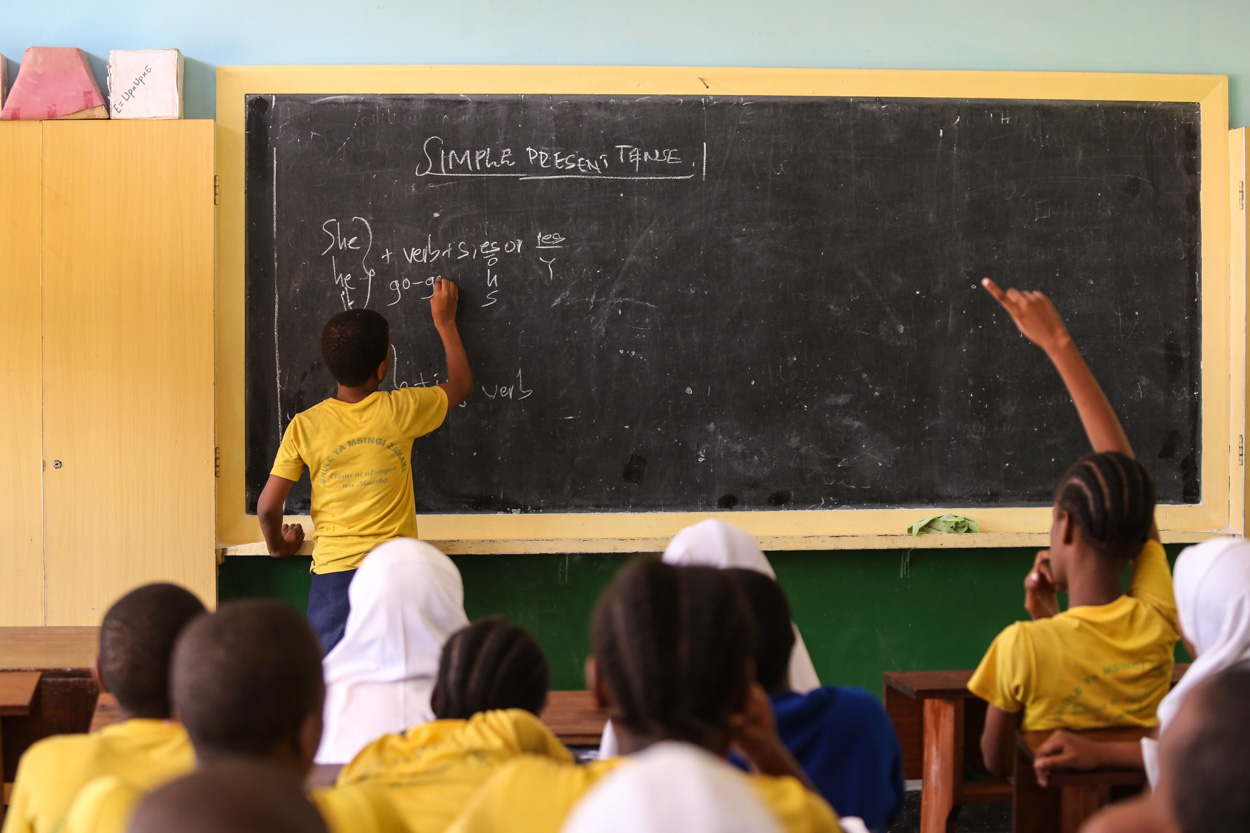Ideas to action: independent research for global prosperity
Research
Innovative, independent, peer-reviewed. Explore the latest economic research and policy proposals from CGD’s global development experts.
WORKING PAPERS
April 11, 2024
POLICY PAPERS
April 15, 2024
CGD NOTES
April 08, 2024
WORKING PAPERS
April 04, 2024
All Research
Filters:
Experts
Facet Toggle
Topics
Facet Toggle
Publication Type
Facet Toggle
Time Frame
Facet Toggle
Research
CGD NOTES
December 05, 2018
It’s tricky to evaluate government education policies. Using the examples of three rigorous studies of three different education policies, this note aims to shed some light from the perspective of someone on the policy side on how, why, and when to evaluate government-led reforms.
REPORTS
October 01, 2018
In November 2015, CGD published the report Unintended Consequences of Anti–Money Laundering Policies for Poor Countries, which warned that efforts to curb illicit finance were producing significant adverse side effects. This new report takes stock of what has been accomplis...








